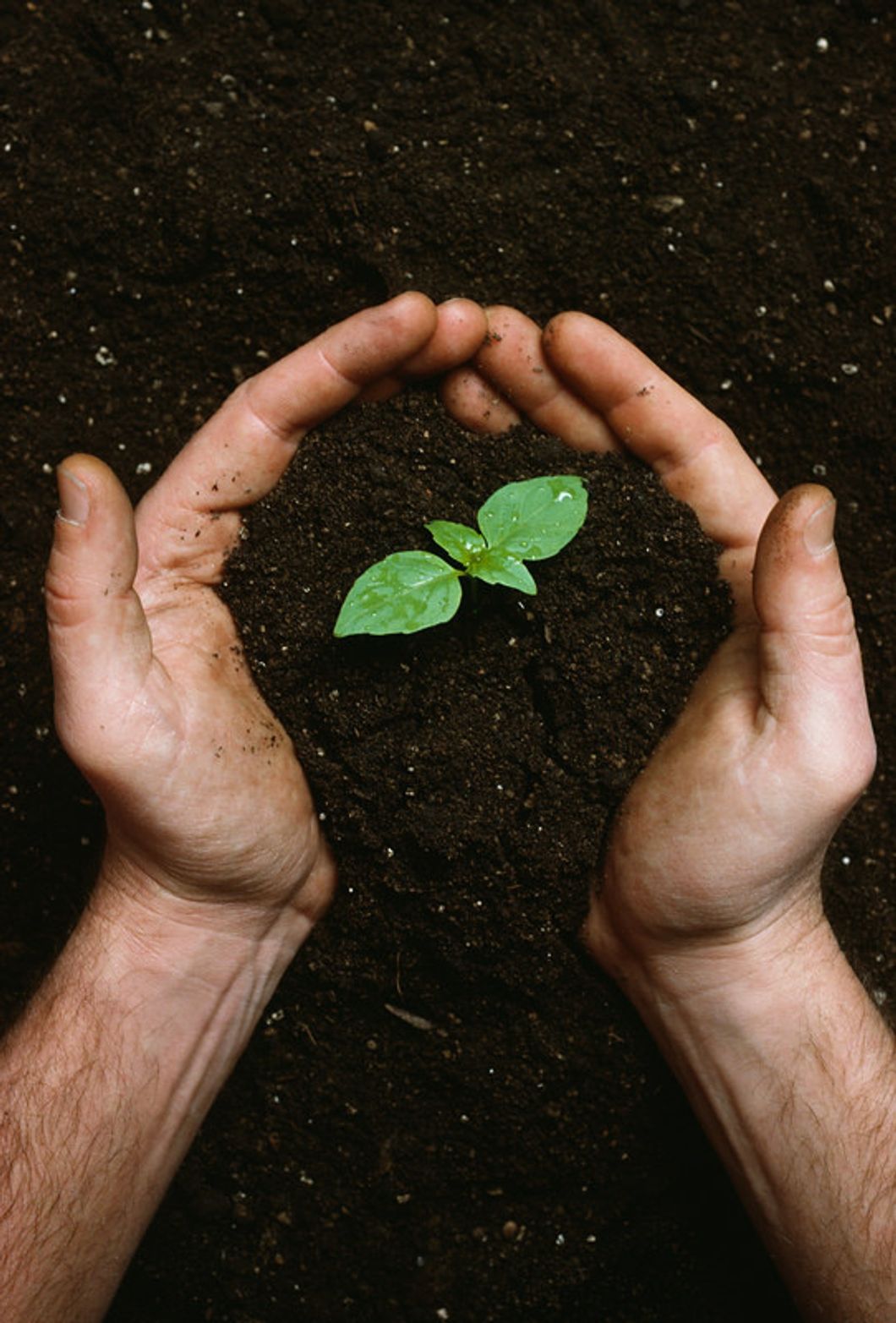Washington became the first state to legalize human composting and this bill will go into effect in May of 2020. Human composting is the process of turning a dead body into soil that is safe to use. Instead of being embalmed or turned to ashes, people who live in Washington now have the option to have their final resting place be in a garden or in a forest. Human composting is also an environmentally friendly alternative to cremation and traditional burial. While the developing concept may meet backlash from some, primarily religious groups, it is an innovative and peaceful way to think about death.
A human composting facility would consist of an indoor garden with honeycomb structured walls. Inside each cell of the wall, a body would compost and at the end of the process, family and loved ones would receive a pot of soil instead of ash. The human composting process can occur in less than a month, while the typical decomposition process of a body takes several months. Normalized burials eat up land and caskets require excessive amounts of wood. The process also avoids the toxic embalming processes that are used to prepare bodies for burial. Human composting uses a 1/8 of the energy of cremation and conserves about a metric ton of the CO2 emissions that are normally released during cremation.
One of the few issues with human composting is the cost. The process is estimated to cost $5,500, and while the average cost of a burial and viewing is $7,000, cremation costs only about $1,100. Despite this expense, human composting seems to be the most sustainable method of burial and the best option for those who can afford it. Some might criticize the method and see it as "gross" or "icky" but when you think about it, is returning the human body to the natural world really more disgusting than draining it of its bodily fluids and filling it with toxic embalming chemicals? I for one, don't think so.
As our society changes and progresses, so should our relationship with death. Our reality is increasing climate change accelerated primarily by carbon emissions and land use, so it's time to do our part in changing the industries that contribute to these factors. We are also an increasingly secular country, or at least a country that has come to terms with secular beliefs, so it doesn't seem like our death rituals should still be constrained to what the Church deems appropriate. The bible even says, "ashes to ashes, dust to dust," which to me, sounds a lot more like human composting than a typical casket burial. Washington state has taken the first step in normalizing this method through their legalization of it, and hopefully, other states will follow suit, especially in areas with big cities that can't afford to waste land on graveyards.
Our preconceptions about the way things should be done are rooted in what we are used to doing. By challenging the norm and pushing boundaries we can explore what is actually holding us back from legalizing things like human composting. I have a feeling that what's stopping us isn't rooted in any substantial complaints, but simply in an aversion to change.

















